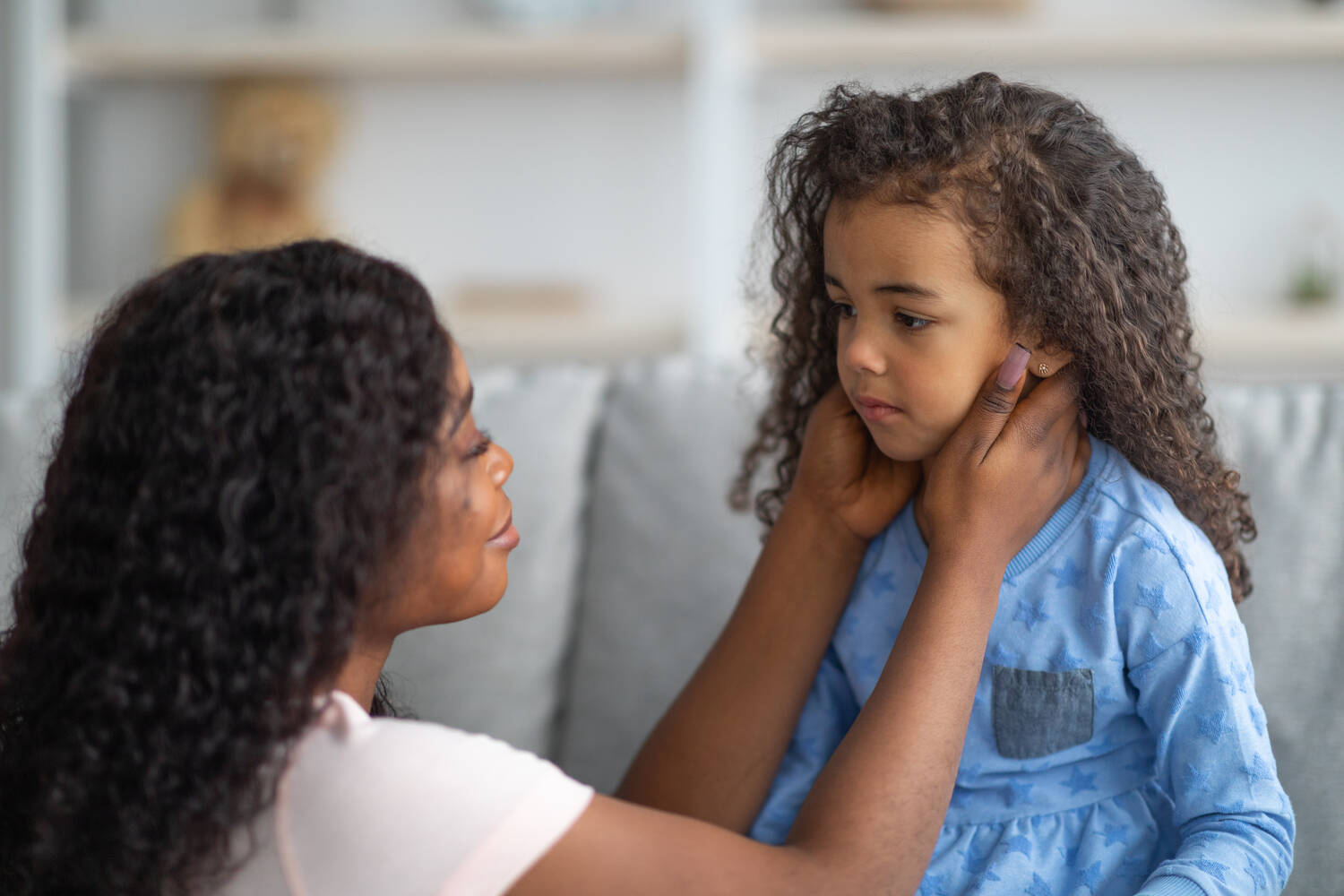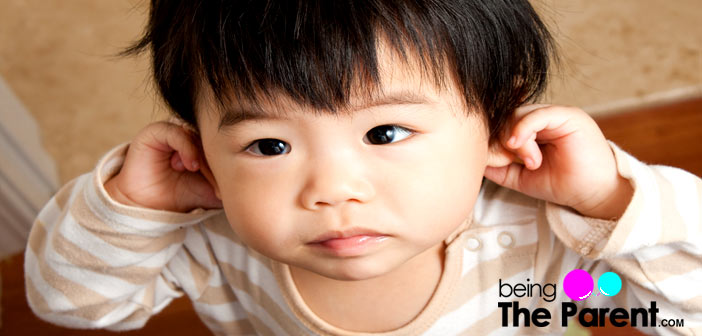
We all comment about how rude the teenagers and children today have become. They do not show respect to elders, do not greet others well, always seem to be in their own world and appear to have a sense of entitlement that makes them look aggressive, insensitive and impolite. But what we forget is that we raised them that way! A child’s mind is like a sponge – it will absorb everything that it sees and hears around. He notices a world that is fast becoming rude, impatient and outrageous with everything and he thinks that is the way to be. While you cannot stop your child from witnessing bad behavior of others, you can change their perception about it by inculcating polite and good behavior inside the house.
8 Simple Ways To Raise A Polite Child
Below are 8 things you can teach your child to raise him/her as a polite human being. Most of them are old school and common sensical – but surprisingly most of them are not enforced in many homes.
-
- Greet people correctly: A good first impression goes a long way. Mumbling an indistinct ‘hi’ or even just nodding one’s head is NOT the way to greet someone, especially when the other person is older. Teach your child the following two things:
- Address an adult correctly – depending on where you live and situation, it could be uncle, aunty, sir or ma’m
- Build a small script on things to say when they meet someone – like “it’s nice to meet you” or “how are you today?” in person and “Please hold on, I will pass the phone to mom” on phone
- Ask them to say “excuse me” before interrupting a conversation
- Say please and thank you: These are the two of the three magical words they know (the other being ‘sorry’, see 4th point). You know when these two words need to be used – teach them too. If a child does not say it even after it was taught, then gently prompt them “how do ask for water politely?” or “what do we say when someone gives us something?” or “are you forgetting something?“
- Share: If the child is below 4, then they are not yet wired to share and play. So be patient (although some kids start sharing early). There is hardly any point forcing your child to share their toys before that. But after that, teach him to share – not just his toys during play time, but general kindness
- Apologize: Sorry is the third magic word. Teach your kid to say sorry when he is at err. Before that, teach your kid to understand when he is at err. Further, tell him how to be empathetic to someone else’s sorrow. This means that even when he is not at fault, he should be able to feel bad when someone close to him is sad. He should be able to enquire “is anything wrong” and say “I am sorry it happened to you“
- Know table manners: This is often overlooked as all we want in our lives are for them to somehow eat the food placed before them. This will raise kids who eat too quickly, want to leave the table before others finish, and sit while playing with phone. Insist on having at least one family meal in a day and insist on a mobile-free table (yes that means you cannot check mails too). Try to spend at least 15 minutes at the table to finish the mail. Not only will this make them finish their food patiently, it will also enable slower chewing, leading to better digestion and overall metabolic health. Also, make them aware of the dishes and the quantity. Say that the dish needs to be eaten by everyone in the family so it is unfair if anyone, including the child, wants to eat most of it
- Greet people correctly: A good first impression goes a long way. Mumbling an indistinct ‘hi’ or even just nodding one’s head is NOT the way to greet someone, especially when the other person is older. Teach your child the following two things:

- Respect and help elders: This should not be an “occasional good behavior that makes you proud that you raised a good child“. This should be the expected behavior at all times. Teach them how to help adults – like offering to carrying a packet they are carrying, keeping the door open for the adults to pass, giving up the seat in bus/metro for an older person and so on
- Smile: This is the simplest and most powerful tool they will have to build a pleasant and positive personality. A child who smiles when you look at them instantly makes your heart warmer. Teach them to smile at others, especially when greeting
- Have eye contact: This is another body language that is important. Many kids look on the floor, or on their mobiles / TV screens while screaming out instructions to their parents or greeting others. Not done. Teach them to make eye contact when speaking to someone. Teach them to maintain eye contact when someone is speaking to them. This is the most polite and decent thing to do in any conversation
Of course, we know you know this already – but you need to walk the talk! While we say “teach this” “teach that“, children learn best when they see adults around them practice this.
Happy raising a polite child!
